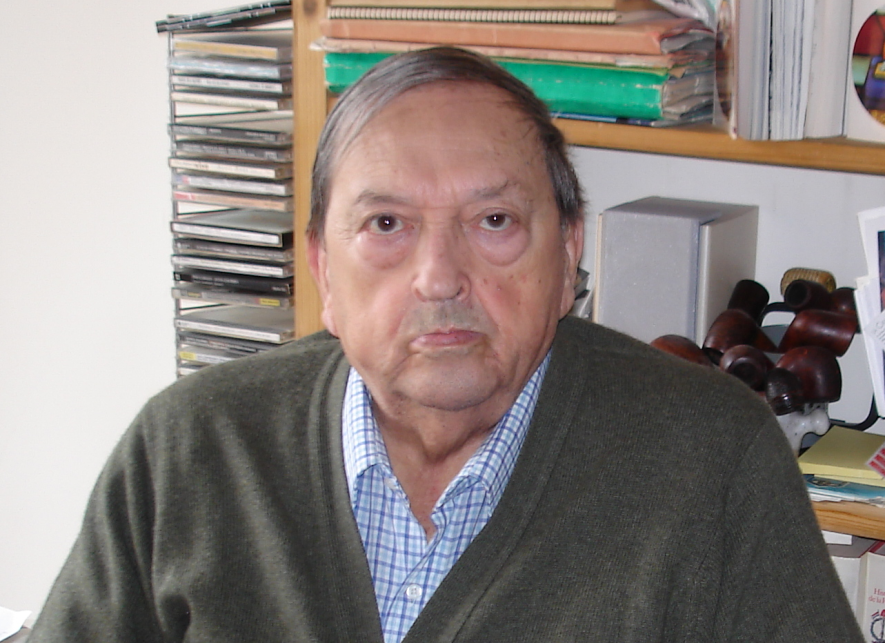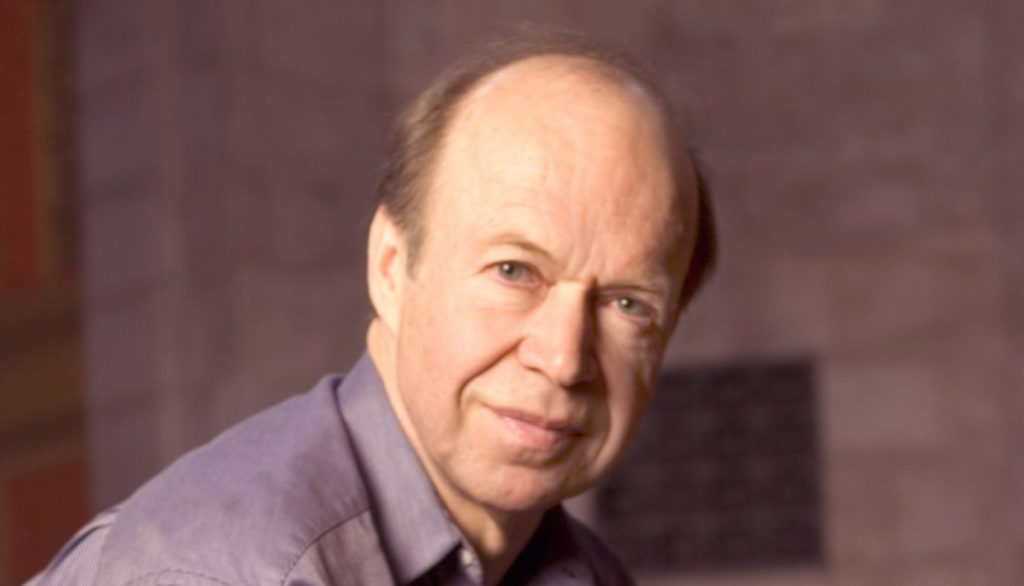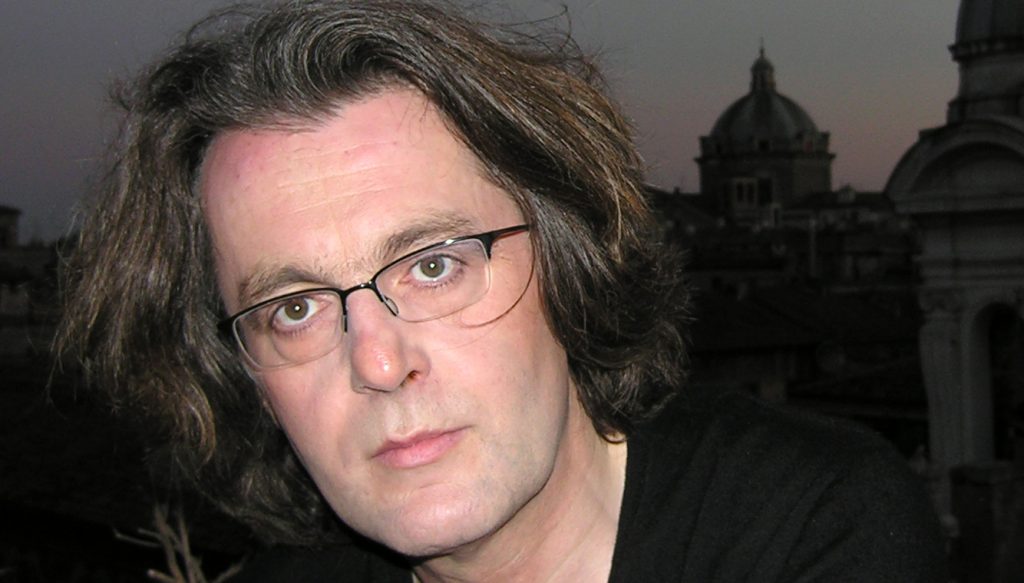Jacques Le Goff (1924 – 2014)

Jacques Le Goff (1924 – 2014)
Past: Historians – Authors of Major Works of History
Jacques Le Goff has been recognized as one of the leading historians of the European Middle Ages in the second half of the twentieth century.
From his first book, Les Intellectuels au Moyen Âge (1956) to his last, Faut-il vraiment découper l’histoire en tranches? (2015), Le Goff published more than thirty books and edited fifteen others. Throughout his career, he discovered and explored new fields of research, such as his study of the practices and conceptions of time, work, and the afterworld (Pour un autre Moyen Âge, 1977; La Naissance du Purgatoire, 1981; L’imaginaire médiéval, 1985).
He is known as one of the founding fathers of what has come to be known as “historical anthropology,” an approach based on a broad and imaginative collaboration between history and the social sciences. He revisited and substantially renewed traditional genres, as in his memorable biography of Saint Louis (1996).
He also wrote larger syntheses which stand as accepted references in the field: La civilisation de l’Occident médiéval (1964), Un Long Moyen-Age (2004) among others. He was consistently concerned with historical method and historiographical innovation, both in his capacity as one of the chief editors of the journal Annales and as the author of numerous influential methodological analyses and proposals (Faire de L’histoire, edited with P. Nora, (1974), Histoire et mémoire (1998).
Three aspects of Le Goff’s prolific and imaginative scholarship deserve special mention. The first is his remarkable ability to read with fresh eyes the familiar classical sources of the European Middle Ages, from hagiography to literary texts and iconography. Second is his deliberate attempt to investigate and understand the relationship between social practices and ideologies or mentalities. In this respect, he has remained close to the Annales historiographical tradition and especially to the legacy of Marc Bloch, the model he chose at the start of his career and maintained thereafter. The third is that while he is known as the author of an imposing body of personal work, Le Goff inspired and oversaw a number of important collective projects (on the mendicant orders, for example, on the medieval town, on the exempla). In addition he advised and supervised a large number of younger generation medievalists, former students and others, who now teach and direct research all over the world.
Le Goff was active most of his professional life in the École des Hautes Études en Sciences Sociales in Paris, where he served as directeur des études and chair between 1972 and 1977. Remarkably, his many institutional responsibilities never limited his intense scholarly activities. Likewise, his public role expanded and diversified his work as an historian. He reflected articulately and substantially on the history of Europe, which he conceived of, through his personal contribution to the actual construction of contemporary Europe. His book, La vieille Europe et la nôtre (1994), and his multiple public interventions on the subject, attest to his continuous civic involvement. This is also true for the series of books he conceived and oversaw, Histoire de l’Europe, which have been simultaneously published and translated into five European languages.
Erudition, imagination, professional, and civic commitment: Le Goff’s achievements go beyond the traditional definition of what an historian traditionally is or should be. Though he mostly studied periods of history that are remote in time, he has done so while keeping a constant eye on the great questions of the present. This helps in explaining why his abundant accomplishments as a scholar have been so widely celebrated and why they continue to be so important today.
The 2007 Dan David Prize honors Jacques Le Goff in the field of Historians – Authors of Major Works of History, for his significant contributions in this field.


